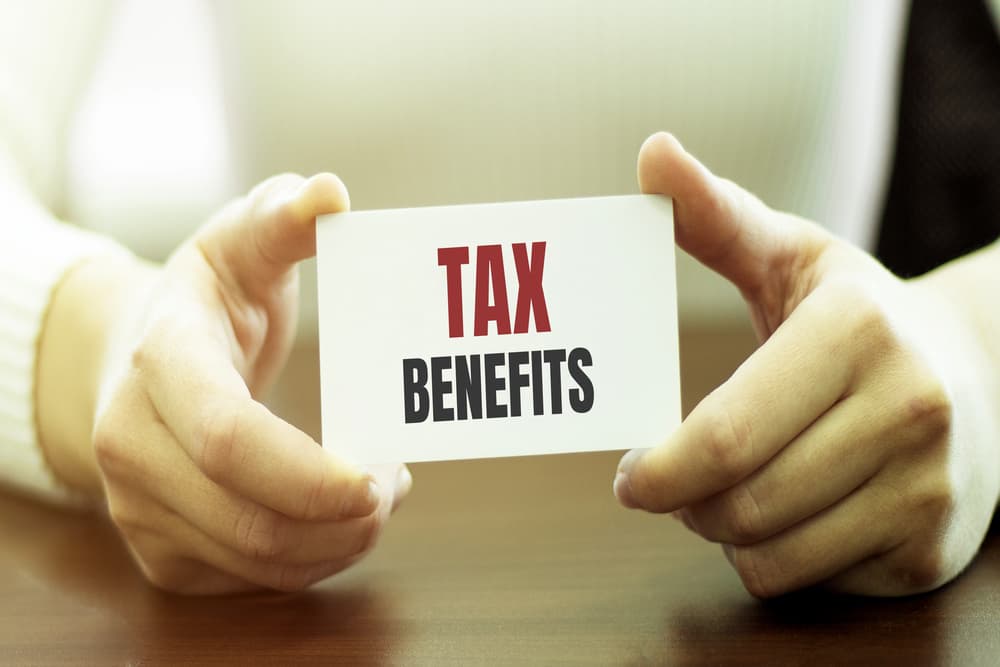How Can Senior Citizens Avoid Capital Gains Tax?
Two categories of capital gains tax apply to property: LTCG and STCG; however, there are situations when an individual isn’t required to pay capital gains tax.
Two categories of capital gains tax apply to property: LTCG and STCG; however, there are situations when an individual isn’t required to pay capital gains tax.

Tax Saving Investment Avenues For the Elderly
Advertisement
Senior citizens who want to sell real estate, stocks, mutual funds, bonds, gold, urban agriculture land, etc., to generate post-retirement income will attract applicable capital gains tax on the proceeds. If you are making a retirement plan with considerable investments in real estate or any other instruments listed above, consider the tax implications while calculating returns. Those unfamiliar with tax rules must improve their knowledge to make a watertight retirement plan. Or else it will impact returns, leading to the nonfulfillment of goals.
Two categories of capital gains tax apply to property: long-term capital gains (LTCG) and short-term capital gains (STCG).
Advertisement
Suneel Dasari, founder & CEO of EZTax.in, an income tax e-filing portal, says, “STCG is incurred if the property is sold on or before 24 months; in the case of shares, equity-oriented mutual funds, or zero-coupon bonds, if sold before 12 months, and for other capital assets, STCG will apply if sold before 36 months.” Further, Dasari explains that LTCG tax will apply if the property is sold after 24 months at 20 percent after indexation. Shares, equity-oriented mutual funds, and zero-coupon bonds sold beyond 12 months will attract a 10 percent LTCG tax. After 36 months, all other capital assets will attract a 20 percent LTCG tax.
However, there are circumstances when an individual isn’t required to pay capital gains tax.
Advertisement
You can avoid capital gains tax if the proceeds from a house sale are reinvested in another property. According to CA Nitesh Buddhadev, founder of Nimit Consultancy, “The long-term capital gains tax, which is 20 percent after indexation benefit, is exempt under Section 54 of the Income-tax Act if the proceeds are reinvested in another house.”
Similarly, he says, “If a senior citizen redeems long-term equity mutual funds, a 10 percent LTCG will apply after Rs. 1 lakh exemption. However, the individual will receive that benefit if their income is less than the minimum exemption threshold.” Buddhadev says many people don’t know that “LTCG on sale of assets, like equity, gold, etc., is exempt if the net proceeds from the sale are invested in a residential property u/s 54F.”
One can also get tax relief by investing the sale proceeds of a house in bonds or by showing capital expenditures on a residential property. Dasari says, “By investing the capital gain from selling a residential house property in bonds (u/s 54EC), one can avoid paying capital gains tax. Under section 54F, capital gains tax can be avoided on the sale proceeds of any other asset invested in residential dwelling property.” Further, he explains, any capital expenditures spent on the residential property may be deducted as improvement costs, which are also “indexable”.
It is less common knowledge that the LTCG tax on selling other assets, such as gold, equity, or the like, is exempt if the net proceeds are invested in residential property under section 54F or bonds under section 54EC.
The capital gains tax does not, however, apply to gains from the sale of furniture, clothing intended for personal use, or agricultural land located in rural areas.
The base exemption limit is increased for senior and super senior citizens at Rs 3 lakh and Rs 5 lakh, respectively. Consequently, individuals aged 60 or older with an annual income of Rs 3 lakh or those aged 80 years or older with a yearly income of Rs 5 lakh will not be subject to capital gains tax. Individuals under 60 with an annual income of Rs 2.5 lakh or Hindu undivided families (HUFs) are exempt from this provision.
However, if you do not fall into these categories, you must pay tax regardless of age. Also, it is a good idea to get professional help when in question.
Advertisement
After retirement, the tax-saving strategy requires an immediate review as seniors can no longer use the EPF for tax savings. So, which are the best tax-saving options left for seniors after EPF?
The government has added several new benefits and sops to the new tax regime in the Union Budget 2023-24 to make it popular. Here’s what both the regimes entail for seniors
Filing income tax returns (ITR) is crucial even if there is no tax liability. Here’s how to your ITR in 10 easy steps online.
Get all the latest stories delivered to your inbox
Advertisement
Get all the latest stories delivered to your inbox